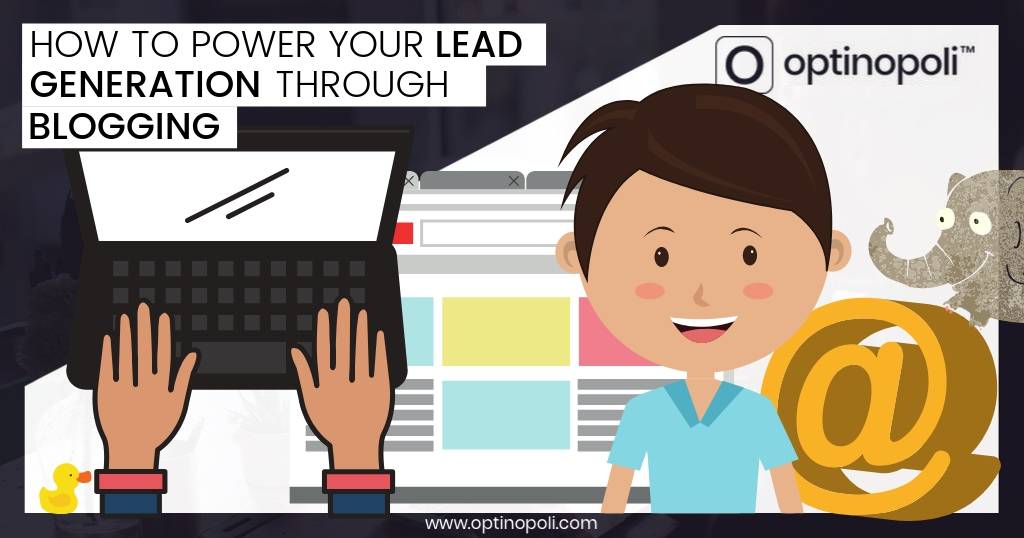
How to Power Your Lead Generation Through Blogging
If there's one thing you can do as a high-octane catalyst for lead generation and business growth, it's this: start a blog.
This post shows you why you should be blogging, including a range of amazing blogging stats to prove it once and for all. You'll find out how to start blogging for best results if you're not doing so yet. Finally, you'll see how blogging works to deliver a constant supply of leads to your business.
Let's dive straight in...
How to power your #leadgeneration through #blogging via @optinopoliClick To TweetWhy You Should Be Blogging
A recent content marketing survey found:
- 73% of respondents rated blogging as the most effective type of content for generating leads.
- 61% of respondents were increasing their use of blogging, and other similar written digial content.
In addition, other research shows:
- Small businesses with blogs generate 126% more leads.
- Businesses with blogs have practically double the number of inbound links, sending them traffic and helping their SEO.
In fact, blogging increases the chances of a high search engine listing by 434%.
And it grows your sales too. Studies show that businesses using content marketing (which blogging is a key part of) enjoy conversion rates 6 times higher than those who don't. That's huge.
A report from HubSpot, The State of Inbound Lead Generation, show that the more pages you have indexed by Google, the more leads you get.
They analyzed over 1,400 businesses, examining the number of pages they had indexed in Google, and the average number of leads they enjoyed per month.
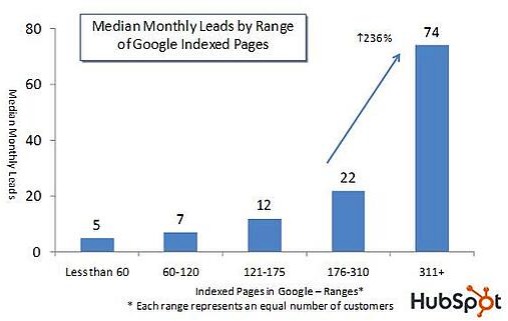
As you can see, the more indexed pages you have, the more leads per month you attract.
Small businesses with blogs generate 126% more leads #smallbusiness #leadgeneration via @optinopoliClick To TweetAnalyzing this data further, and using the bottom number of each range where the number of pages are 60 or above (e.g. so using the number 121 for the range 121-175 ) gave the following interesting result:
- With 60 indexed pages and an average 7 leads, you're getting 0.12 leads per page per month.
- With 121 indexed pages and an average 12 leads, you're getting 0.1 leads per page per month—so more leads thanks to the increased number of pages, but a slight decrease in the number of leads per page.
- With 176 indexed pages and an average 22 leads, you're getting 0.13 leads per page per month—so both numbers are now on the rise.
- With 311 indexed pages and an average 74 leads, you're getting 0.24 leads per page per month—you're now getting exponentially-increasing benefits, with double the number of leads per page compared to just 60 indexed pages, and more than ten times the number of leads overall, thanks to the increased number of pages.
Although the study doesn't cover higher numbers of pages, it's likely that these numbers continue to exponentially increase as you gain more indexed pages.
If you're just starting out, those numbers can be daunting. But websites that enjoy high traffic and lead numbers today thanks to their blog all started in exactly the same place.
As we'll see, you don't actually have to write the content yourself. (Although it can be very beneficial to do so).
Either way...
Patience and consistency are key to blogging success
If you're publishing a couple of new blog posts on your website every week, that's over 100 within just 12 months.
Continue for just a couple more years—you'll be seeing other benefits by now anyway, and likely getting really good at it—and you'll likely be in the top 311+ indexed pages category above.
Patience and consistency are key to business #blogging success #smallbusinessmarketing via @optinopoliClick To TweetMore Benefits of Blogging
Right at the beginning I referred to blogging as a catalyst for business growth. That's because it fuels so many other aspects of marketing.
Use to nurture leads
Share new blog content via email with leads.
This educates them, builds trust and authority, and helps them to get to know your business and how you can help them.
The regular communication makes it far easier to convert your leads into customers.
Fuel your social media presence
Once you're producing regular blog posts, you have a continuous stream of content to share on social media.
That builds trust and authority with (and attracts) your target market, gives positive signals for SEO, and provides more lead generation opportunities.
Posts can, and should, be shared multiple times.
Not only that, you can dissect the content, atomize it and disseminate it far and wide.
What do I mean by that?
Putting it another way, each blog post gives you a bedrock of content from which you can derive multiple "chunks" of content suitable for social media posts.
#Blogging fuels your #socialmedia presence. Dissect, atomize and disseminate. #smm #leadgen via @optinopoliClick To TweetTake advantage of video
Use blog posts as the basis of video content, the most engaging type of online media.
Put those videos on YouTube for additional lead generation opportunities, and visibility on the world's second biggest search engine. Link back to your website from the video's description.
Plus, embed the video content back in your blog posts for improved SEO.
Video improves the ranking of your blog posts because people stay on your page for longer. That tells Google your content is more authoritative and that people find it valuable.
You can also use video as a powerful Lead Magnet. See How to Use a Free Video Course as a High-Conversion Lead Magnet.
Grow audiences and build inbound links from third-party sites
Repurpose your blog posts as content for other sites too. Here's just a short list of where you can publish a different version of the post:
- Other blogs as a guest post.
- Medium.
- Quora.
- SlideShare, after repurposing the post as a presentation.
Grow your own expertise
Through the process of blogging, you learn a huge amount.
Pulling a blog post together can involve quite a bit of research. That grows your expertise considerably.
Even if you don't feel like "the expert" when you start blogging, the process of blogging literally turns you into one.
That helps you sell more effectively, become more authoritative, and attract additional opportunities for business growth.
Blogging turns you into the expert you need to be to attract your market #smallbusiness via @optinopoliClick To TweetWrite a book
To really show your expertise, write a book. Doing so gives you immediate authority with prospects and customers—you become "the expert" they trust.
You can also use a book as the basis for some powerful lead generation by giving it away for free. Here's how.
The good news is you can leverage a blog to write a book.
By planning ahead, you can publish blog content in the normal way, but, several posts later, you'll also have done most of the work involved in writing a book. It will just need pulling together and reworking here and there to suit the format.
Even better, you'll be benefitting from the book's content immediately via all the usual blogging benefits.
To use this approach, first plan what your book's going to cover. Outline the various chapters, including sub-sections of those chapters where required.
Then plan out your blog posts to mirror the content required by your book. A blog post might cover a whole chapter, or just a sub-section within one.
Once you've written your posts, it won't take long to pull that content together into a book. You could even hire someone to do that for you.
Leverage regular #blogging to write a book. Leverage the book for authority and #leadgeneration via @optinopoliClick To TweetHow to Start Blogging
What to create content about
First, let's clear up some common confusion about blogging.
Many businesses get this wrong, and start blogging with an approach that kills their chances of success, or reduces them considerably.
Here it is: you're not blogging to sell, you're blogging to educate. Period.
So many business blogs have posts that read like sales pieces. They're trying to sell to prospects far too early in the relationship. You build barriers and sales disappear.
Blog posts that self-promote also discourage inbound links and social sharing.
As a result, they miss out on many of the benefits that blogging brings you.
Instead of selling, educate visitors by helping them learn how to do something. Start by brainstorming multiple ideas. Try doing the following:
- Think about your prospects and customers and the type of questions you get asked.
- What are people in your target market asking for help with on social media and on relevant forums?
- What type of posts related to your niche seems to attract the most engagement and interest on social media? Tools like BuzzSumo can help.
- Do some keyword research—for example, use the Keyword Planner tool in Google Ads. Type in how to along with relevant keywords for your niche. You'll often get hundreds if not thousands of potential topics to cover.
- Check out other blogs in your industry. What are they creating content about that might work well for your target market?
Add a blog to your website
Your website may already run on Wordpress. 30% of the world's websites do.
If so, you can likely start blogging straightaway.
Otherwise, you'll need your webmaster to install it, and set up a theme to integrate it with the rest of your website.
There are other blogging platforms, but Wordpress is the most popular.
Personally, I don't like it. This blog runs on its own bespoke platform so I get exactly what I need. But Wordpress tends to work for most people.
Yourself or an employee with great writing skills; or outsource it (64% of B2B marketers do)
Creating posts
In case you're still daunted by the idea of writing all that content, you don't have to write it all yourself.
It's a good idea to write at least some of it though. As stated above, the process builds your expertise—you become the expert.
And as for the "I'm not a writer" excuse I hear so often, that is just an excuse. Plenty of people writing successful blogs now started out with minimal or questionable writing ability. They got better as they went along. It's a natural part of the process, like developing any other skill.
If you can hold a conversation with a prospective customer and answer their questions, you can write a blog post. It's just a different medium.
If you can hold a conversation with a prospective customer, you can #blog. It's just a different medium. via @optinopoliClick To TweetYou can always hire someone to polish up your content ready for publication. Or if you're truly keyboard phobic, dictate the content, and get someone to type it up and jiggle it into publishable form.
As well as your own posts, you can:
- Ask people in your team to contribute to the blog on a regular basis. Make it an official part of their role. Invite them to create content on topics relating to their own areas of expertise where it helps and educates your target market. Potential customers often appreciate the different insights and perspectives such content can provide.
- Accept guest posts from others. Almost as soon as your blog starts to attract traffic, you'll likely get requests from people to publish their content on it. So do the following:
- Decide what you will/won't accept, develop some quality and suitability guidelines and a submission process to follow, and start accepting contributions.
- Allow contributors a link back to their website from a bio box at the end.
- Hire good quality writer(s) to create relevant content.
Make sure your posts all contain the following:
- Links to external websites. By linking to other useful resources, you increase the authority and visibility of your own website on search.
- Links to other pages on your website (internal links). Link to other relevant posts you've published, as well as other pages and your home page. It all helps Google understand what your website is about and to rank your pages accordingly. Don't worry about linking with the right keywords, for best results just link in a natural way.
- Opportunities for visitors to opt in to your email list. You can integrate multiple opportunities on each page to maximize conversions. For example, you might have an inline form, a Smartbar that floats on the top or bottom, and a popup that appears when they're about to leave.
Here are some final tips to get the most out of your blog and achieve maximum lead growth from your content:
- Write evergreen content. In other words, create content that will still have relevance at least a year or two from now.
- Create blog posts that are 1,000 to 2,000+ words in length. These tend to perform better than shorter posts.
- On average, it takes three and a half hours to write a blog post. But that's average. Remember each post is a long-term asset for your business—it's worth taking longer where required to create the best content you can. Some of my posts take more than a day to create.
- Don't scrimp on quality to get more quantity. Content quality wins every time.
- Aim to publish between one to three posts a week. If you want to increase that and accelerate your results, by all means do so—but again, not at the expense of quality.
- Include a unique feature image on all your posts. We use Canva to create ours.
- Use other images where possible within your content. Use headlines and sub-headlines to help break up the content. Use shorter sentences and paragraphs to help readers skim.
- Add Twitter card and Open Graph tags to your blog. Here's how.
To Conclude
By blogging, you're creating a valuable marketing asset and investing in the future success of your business. It's that simple.
Businesses that blog attract more traffic, more leads and have higher sales conversions. As we've seen, the stats from numerous studies prove it.
Just start. Blog consistently, aim to continually improve, and measure your results so you can see them grow.
It can be slow to start with, so don't expect much for the first several months to a year. But then the rewards from the hard work start to kick in, including increasing numbers of leads. Enjoy watching your results grow exponentially over time.
How to use regular #blogging to fuel massive lead growth #leadgeneration #contentmarketing via @optinopoliClick To Tweet
steve shaw
Steve Shaw is the CEO of optinopoli™, next-generation lead capture and sales conversion technology—click here for more info.
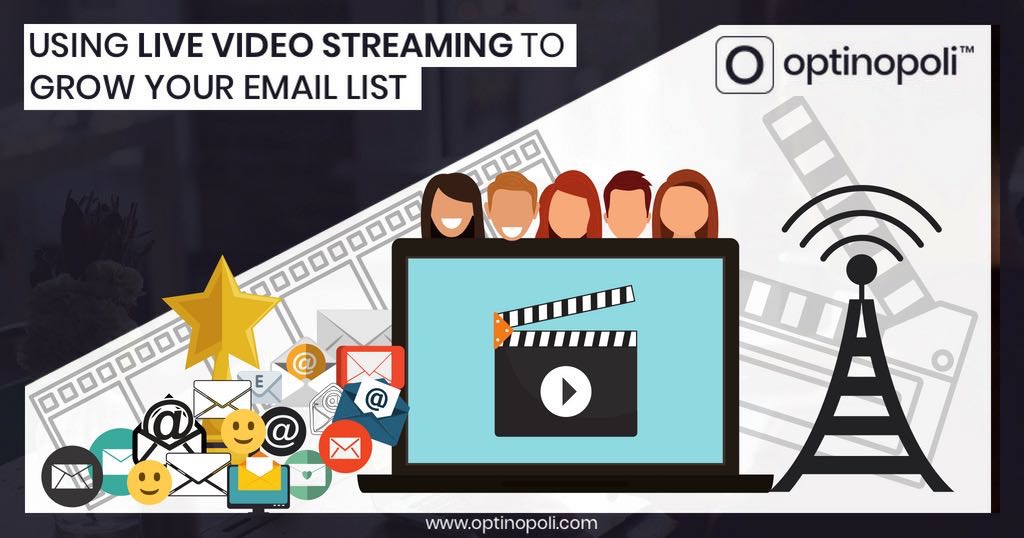
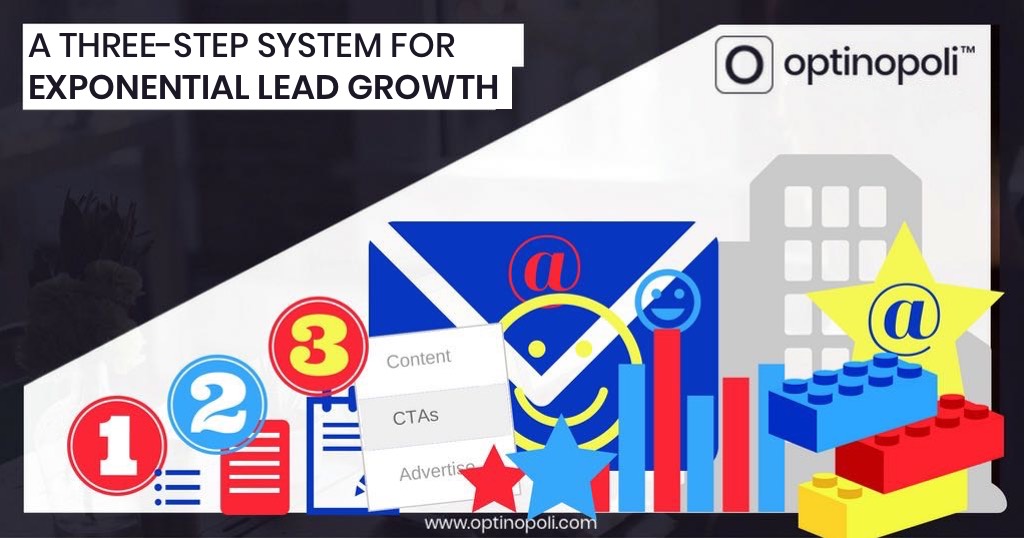
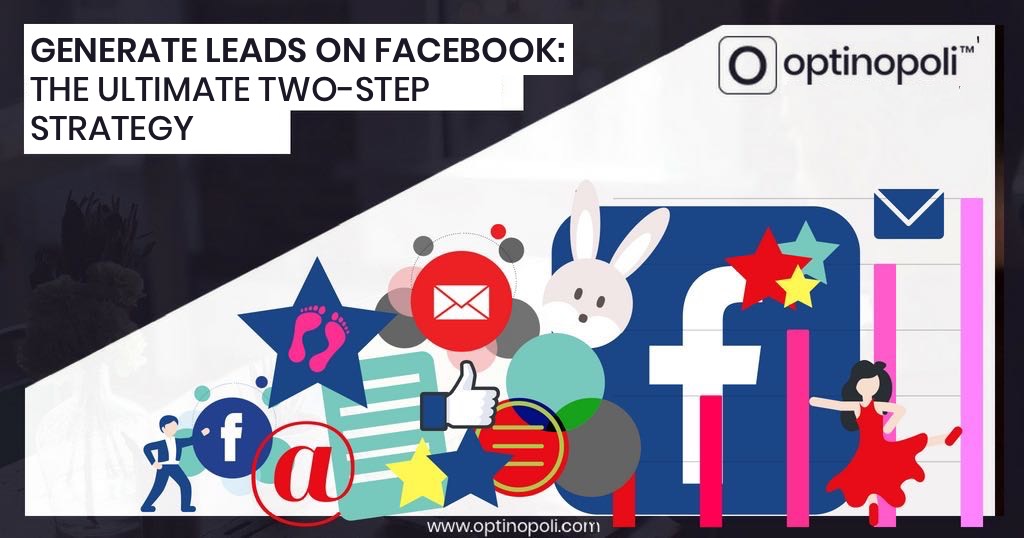
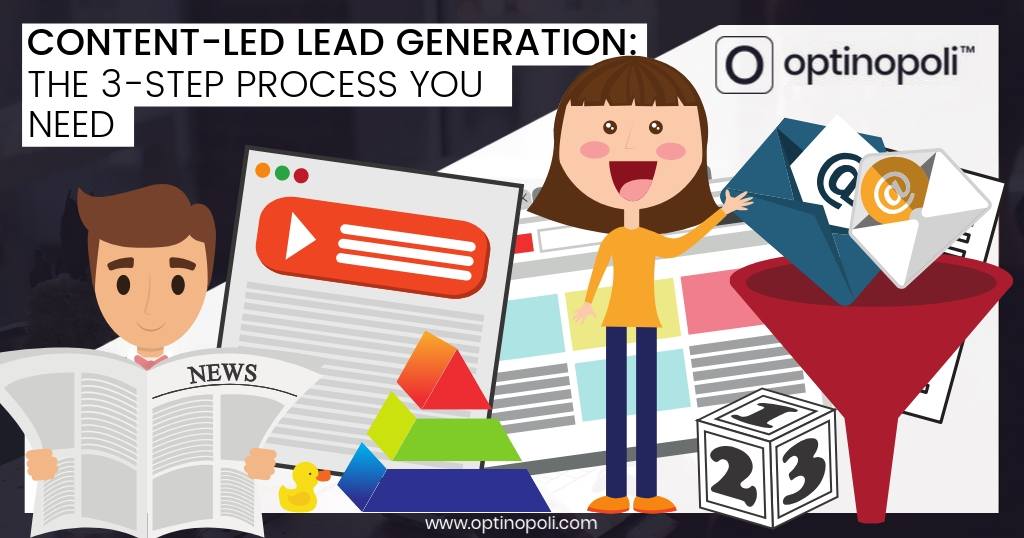
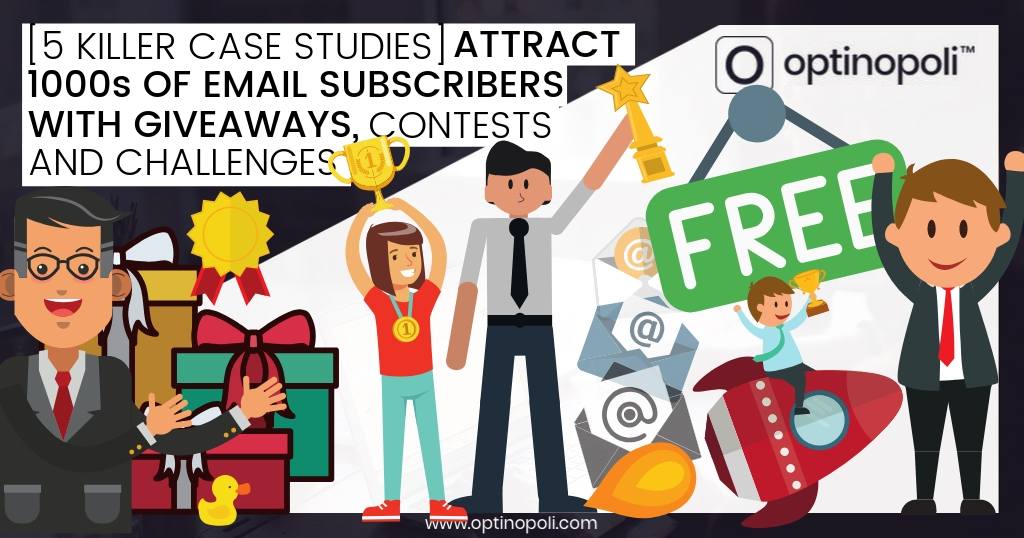
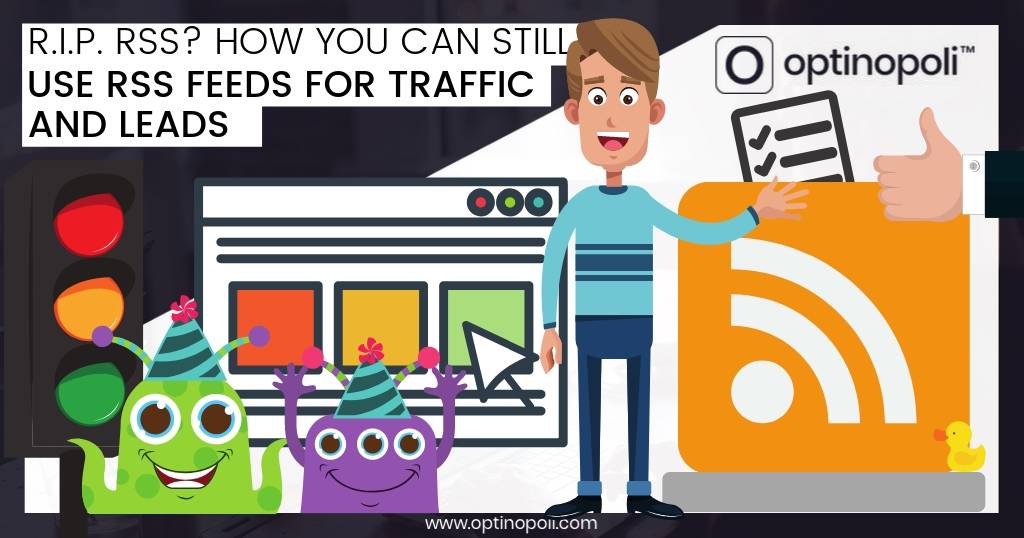
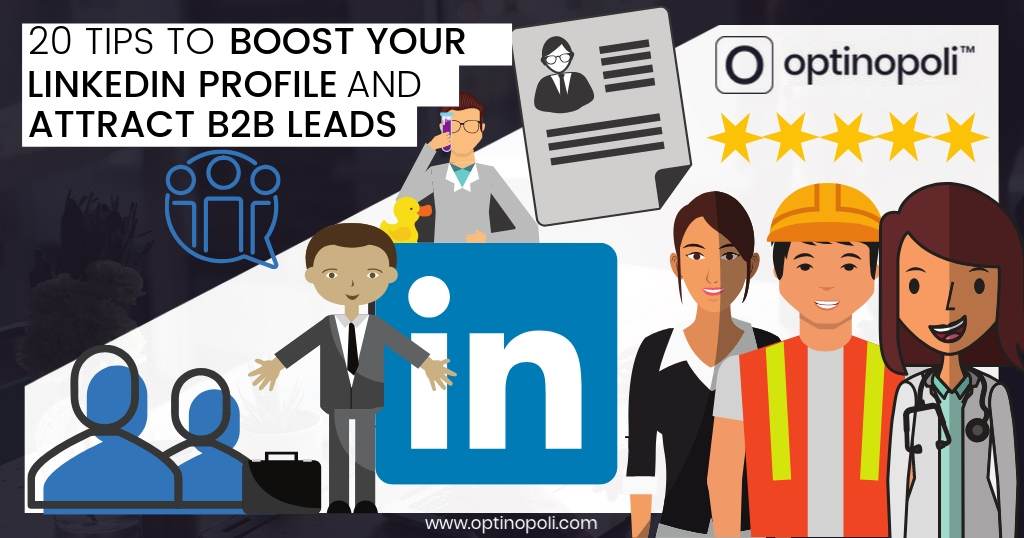
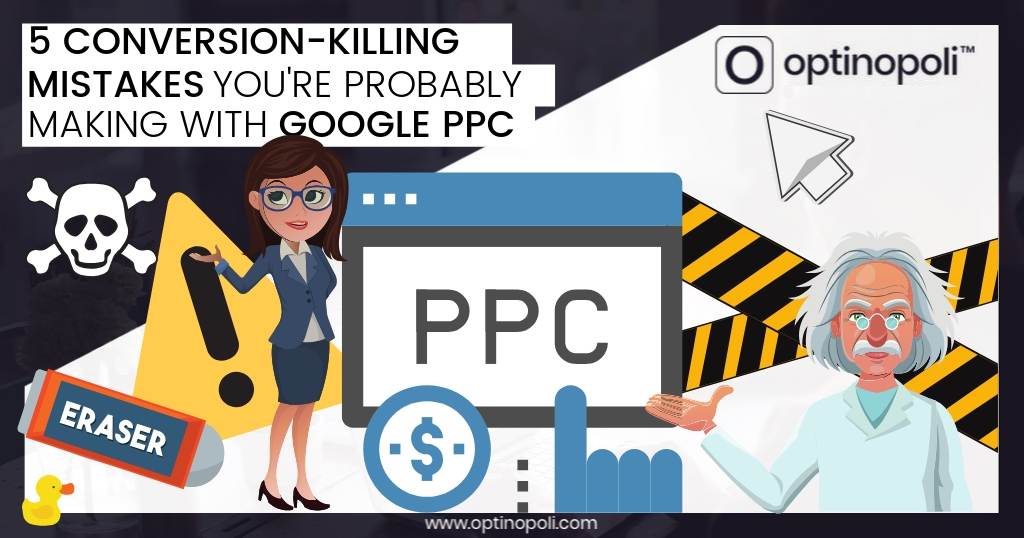

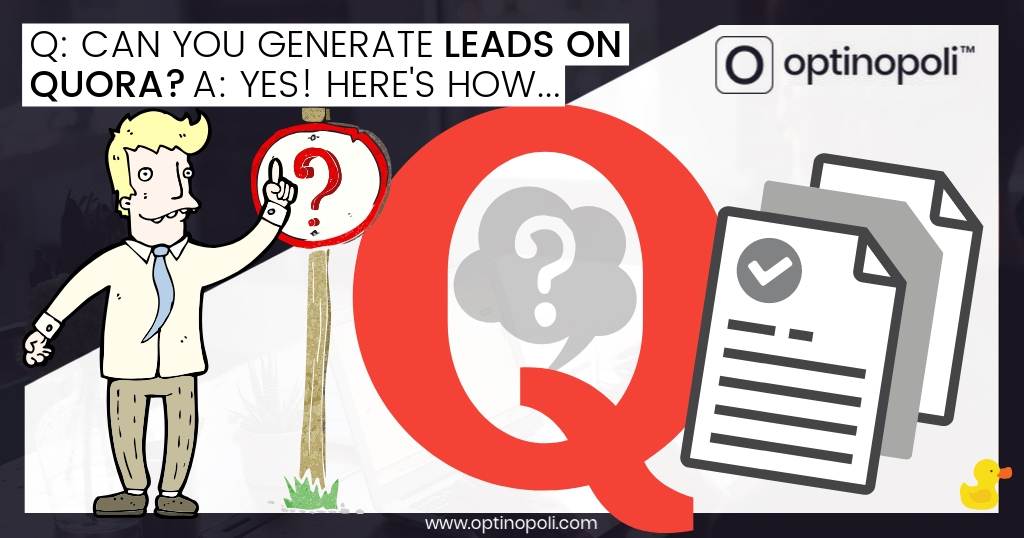
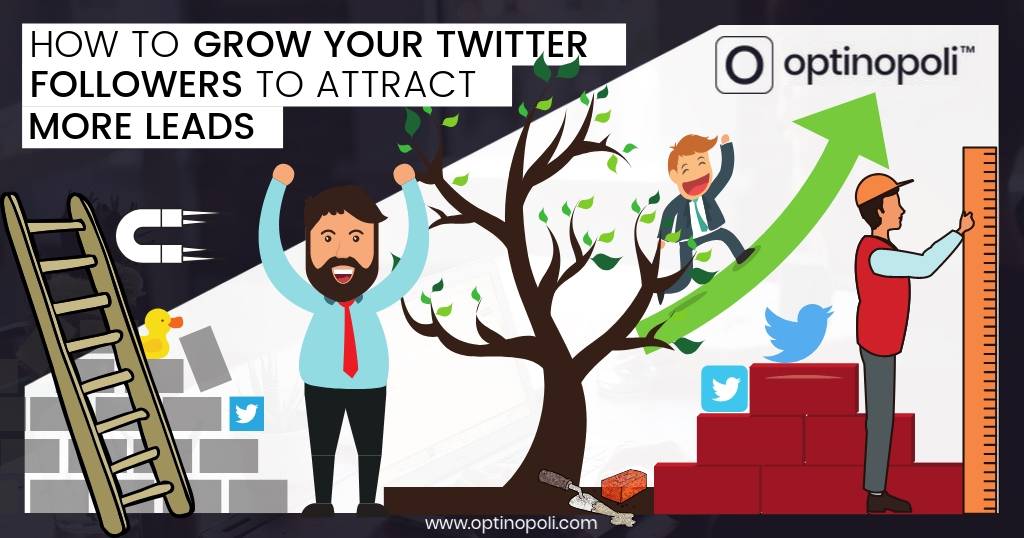
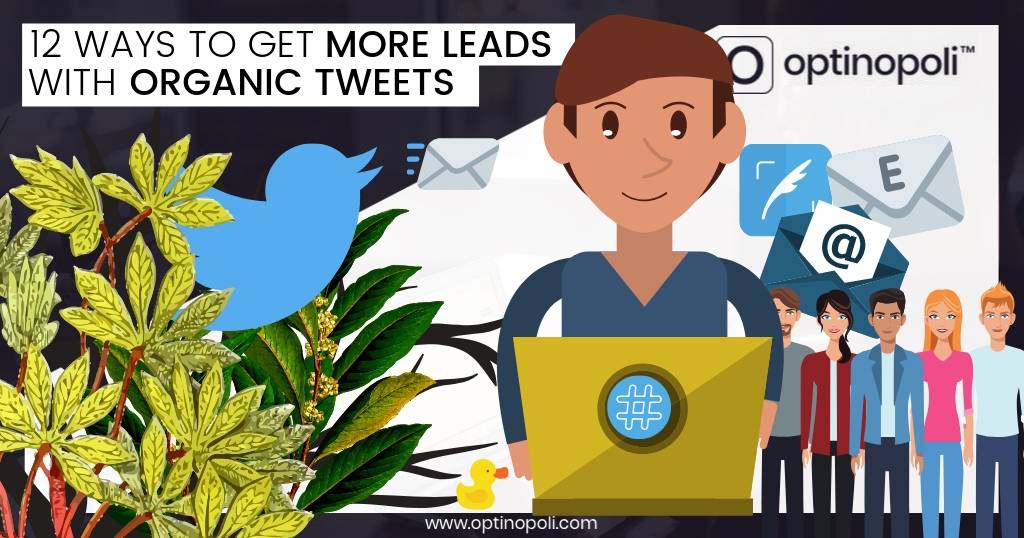
Comments